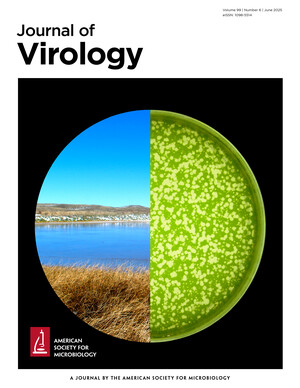
The impact of COVID-19 on staple food prices: Location matters
Abstract
This chapter summarizes the findings from analyses conducted by AKADEMIYA2063 on local staple food market dynamics during the COVID-19 pandemic in Africa. With the outbreak of the highly contagious virus in Africa in March 2020, various measures were implemented by African governments to contain its spread. These measures included bans on public gatherings and markets; restrictions on movement within and between countries; closures of schools, restaurants, and hotels; and curfews. All these measures were likely to cause market disruptions and revenue losses for vulnerable groups by disrupting supply and demand of agricultural staples, either directly or indirectly. The objective of these analytical studies is therefore to generate evidence on how the various COVID-19 response measures have affected food supply and demand patterns in Africa, taking into account the locational characteristics (that is, whether an area is urban or rural, has a surplus or deficit of the commodity in question, and is in a coastal or landlocked country) and whether the commodity is perishable or nonperishable. Such evidence can then be used to inform efforts to anticipate and respond to food crises arising from infectious disease outbreaks and the measures implemented to limit their spread.
Citation
Yade, M., Matchaya, G., Karugia, J.T., Goundan, A., Guthiga, P., Taondyandé, M., Odjo, S. and Nhlengethwa, S. 2021. The impact of COVID-19 on staple food prices: Location matters. IN: Ulimwengu, J.M., Constas, M.A. and Ubalijoro, E. (eds.). 2021 Annual Trends and Outlook Report: Building Resilient African Food Systems After COVID-19. Kigali, Rwanda: AKADEMIYA2063 and Washington, DC: IFPRI: 25-45. https://hdl.handle.net/10568/116752









